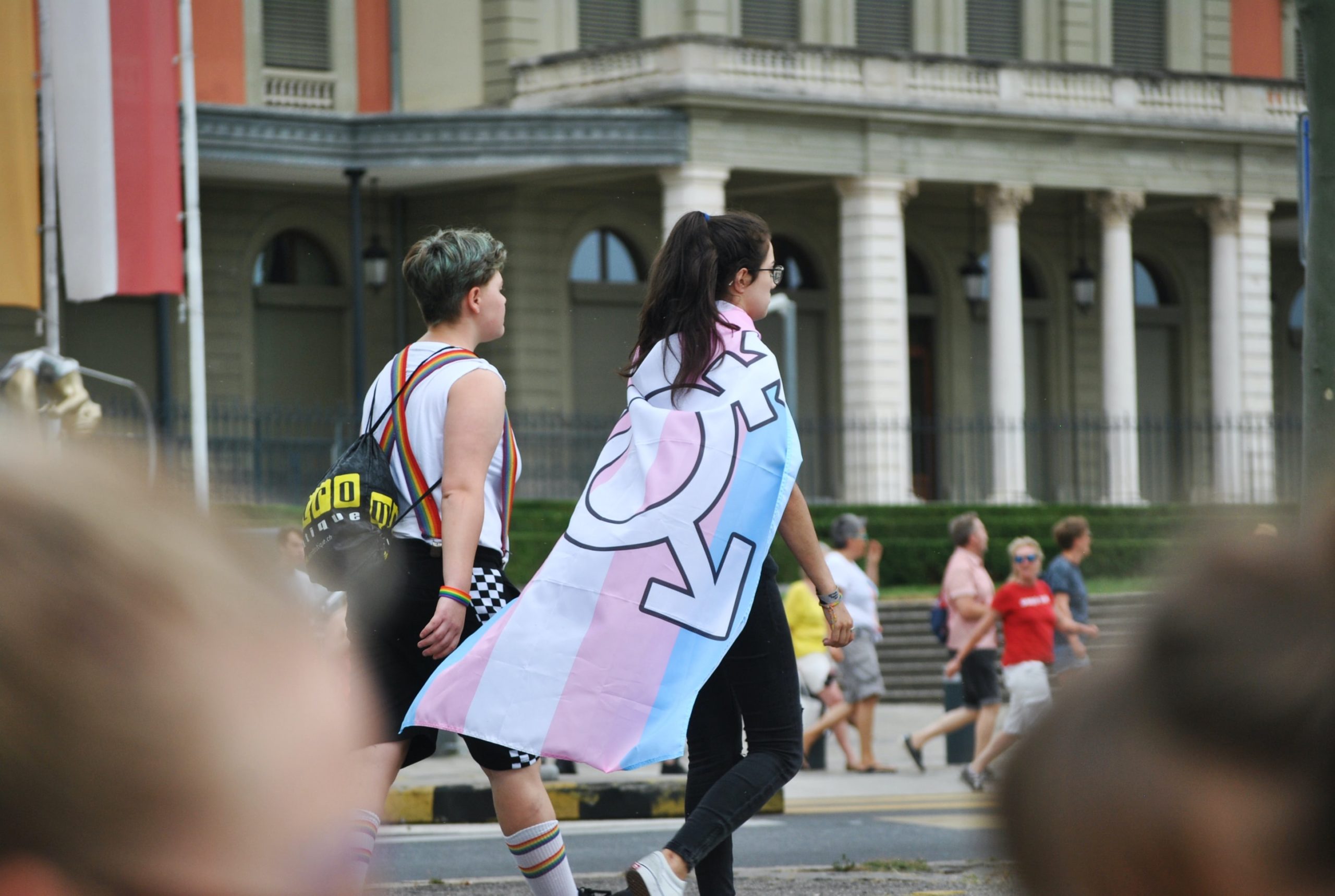Mental health challenges can affect anyone, regardless of their gender identity. Identifying as a woman can be a significant source of meaning and joy, but it comes with challenges.
According to a 2016 poll by the Washington Post, most men believe that sexism is over. However, sexism, misogyny, and inequality remain common in many parts of the world. The stress of navigating everyday life as a woman can create substantial mental health challenges. While women have come a long way in achieving gender equality, they still face a wide range of issues.
As a result, many women choose therapists who identify as women or have experience treating female-identified patients. Therapy focused on women’s issues can serve as a valuable source of mental health support.

Prevalence of Mental Health Conditions Among Women
Mental health challenges are relatively common among women, and women are more likely than their male counterparts to experience mental health conditions.
Trauma and violence are also major issues among women. According to recent data, women and girls in the United States experience about 270,000 rapes or incidences of sexual assault annually. Furthermore, one in three female homicide victims is killed by an intimate partner. Additionally, nearly one in four women have experienced physical assault by a partner compared to one in nine men.
Cultural and societal factors also exacerbate mental health conditions among women. In a report among working mothers from the Pew Research Center, over half of respondents reported that balancing their work and family life was stressful. Indeed, mothers spend more time than their husbands on child care and household tasks.
Additionally, sexism, gender inequality, and sexist biases in the healthcare field make it difficult for women to find appropriate treatment. The World Health Organization reports that women seeking mental health treatment might experience misdiagnosis and/or inappropriate prescriptions due to gender stereotypes.
Common Mental Health Challenges
There’s no single mental health profile that fits all women, and it’s important to avoid dividing symptoms among gender lines. Women can experience the same mental health conditions as men and vice versa.
With that in mind, some common mental health challenges that are especially common in women include:
- Anxiety and worry: You may feel preoccupied with constant worry, feel unable to relax, or have difficulty concentrating.
- Sadness and depression: You might have persistent feelings of sadness. You might also experience a lack of interest in things you used to enjoy.
- Stress: You might experience the physical symptoms of stress, including fatigue, chronic pain, headaches, and digestive issues.
- Eating disorders: Women are more likely than their male counterparts to suffer from eating disorders. This includes anorexia nervosa and bulimia nervosa.
- Burnout: Between balancing everyday stresses, sexism, and discrimination, you might feel intense exhaustion, and it might feel overwhelming to tackle daily tasks. Caregivers and healthcare workers are especially vulnerable to burnout.
Women’s Social Issues
Traditional gender roles, stereotypes, and societal expectations create social issues that are unique to women, such as:
- Sexism: Whether through workplace harassment, gender discrimination, or internalized feelings of inferiority, sexism, stereotypes, misogyny, and sexist language can negatively affect women’s mental health.
- Motherhood: From the physical experience of childbirth and the challenges of raising children to social pressures and gender roles placed on moms, motherhood can be a unique source of stress.
- Difficulties accessing healthcare. A recent surge against reproductive rights and protections under Roe v. Wade has shut down many clinics in the U.S., making it difficult for many women to access birth control, contraception, and abortion services.
- Sexual harassment and domestic violence: Women are more likely than their male counterparts to experience sexual assault, sexual violence, and domestic violence.
- Workplace issues: Women may experience gender discrimination, gender bias, or sexist remarks in the workplace. In the U.S., many women struggle with the gender pay gap or the concept of a glass ceiling, as many women are passed up for promotions to leadership roles and positions of power within their occupation.
- Issues related to sexual orientation and/or gender identity: Women who identify as LGBTQ+, particularly trans women, tend to face higher rates of discrimination, sexual violence, sexual harassment, and prejudice compared to straight-identified cis-women.
- Issues related to culture, race, and/or ethnicity: These issues are often exacerbated among BIPOC women. BIPOC women face racism as well as discrimination on the basis of sex due to intersectional identities and systematic inequality.

Find a Therapist to Navigate Women's Issues
Get personalized matchesWhat should you do if you’re experiencing mental health challenges?
Navigating the world as a woman can feel overwhelming. This can be especially true if you don’t feel comfortable opening up to friends or family members. There are many resources available to women seeking support:
- Seek professional help. Working with a mental health professional can help you find emotional support and cope with mental health challenges. Many women prefer to work with therapists who identify as women or have extensive experience treating female-identified patients.
- Participate in the political process. Women have made great strides in securing freedom and basic rights, but they still have a long way to go. It’s crucial to vote in the presidential election, as well as primary elections. When you vote, you have a say in women’s economic opportunities, equal pay and access to leadership positions, and reproductive freedom. Political participation can give you a sense of agency over the challenges you’re facing and can help make a difference.
- Become a social media activist. Social media is a great tool to draw attention and accountability to women’s rights and societal disadvantages, advocate for women’s empowerment and feminism, and challenge gender discrimination and stereotypes. If you’re unsure where to start, try following feminist social media influencers, such as Emma Watson and Tarana Burke, for inspiration.
- Join a support group. Joining an online or in-person support group can help you connect with other women and share your challenges. Support groups provide the opportunity to connect with other women who share other aspects of your identity. Support groups exist for Black women, young women, new moms, and transgender people. Some support groups may also engage in activism around equal rights.
- Hotlines and safety resources: If you’re experiencing intimate partner violence, call The National Domestic Violence Hotline at 1-800-799-7233 or visit http://www.thehotline.org/. If you’re having suicidal thoughts or need immediate mental health support, call the National Suicide Prevention Lifeline at 1-800-273-8255.
Finding the Right Therapist
According to the American Psychological Association, the relationship between you and your mental health provider, sometimes referred to as the therapeutic relationship, can significantly influence the success of your mental health treatment. Consequently, it’s essential to take the time and effort to find a therapist that you feel comfortable expressing your feelings and concerns to.
Whether or not your mental health concerns are related to your gender identity, consider searching for a therapist who has experience working with women and who feels comfortable incorporating a feminist perspective into your treatment.
To start your search, reach out to a mental health professional through WithTherapy. We’ll connect you to a licensed therapist you feel comfortable with, regardless of your personal preferences and requirements. One of the mental health professionals on the WithTherapy platform will help you find strength, learn healthy ways to cope with stress, and effectively manage your mental health.
Find a Therapist to Navigate Women's Issues




